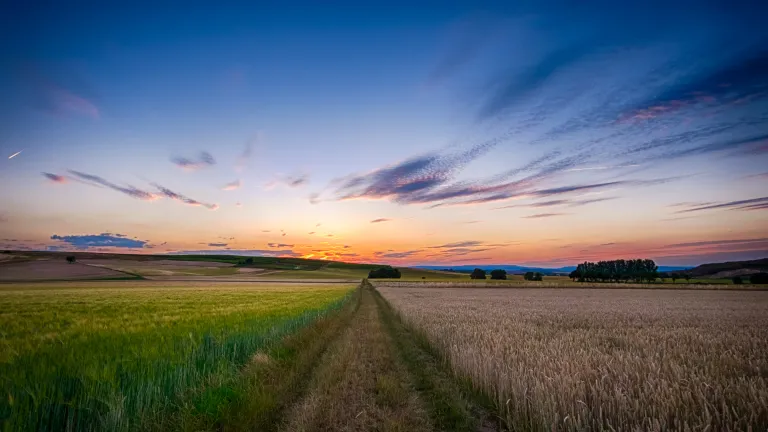Why Should Christians Celebrate the Biblical Festival Called the Eighth Day or the Last Great Day?

The seventh and last Holy Day in God's cycle of harvest festivals has great meaning for Christians today.
The final step in God's plan of salvation for all mankind is portrayed in a feast day that immediately follows the Feast of Tabernacles (Leviticus 23:39).
Called the eighth day or the Last Great Day, this festival pictures the Great White Throne Judgment of humankind described in Revelation 20:11-13. During this time all people who have died not knowing God's plan for them will be resurrected to life to be given an opportunity to have their minds opened and respond to God's call.
All the dead who have ever lived—including the queen of Sheba, inhabitants of ancient Nineveh and the people of Christ's own time—will all be resurrected together (Matthew 12:41-42). That resurrection of multiple billions of people back to physical life is detailed in Ezekiel 37:1-14. These are the "rest of the dead" spoken of in Revelation 20:5. Billions of human beings will have the opportunity to repent of their past sins and receive the gift of everlasting life.
For those who choose not to surrender to God and His way of life (and would hence live a miserable existence), a merciful and permanent end to their lives will be met in the Lake of Fire, which will occur at the conclusion of this final judgment period (Revelation 20:11-15). Even though not everyone will choose God's way of life for eternity, our Creator wants "all men to be saved" (1 Timothy 2:4) and is "not willing that any should perish but that all should come to repentance" (2 Peter 3:9). Through God's wonderful plan everyone will have an opportunity to know His truth, repent and receive salvation.




